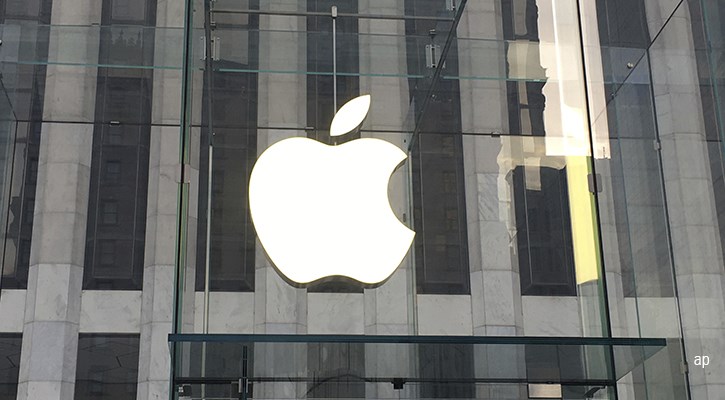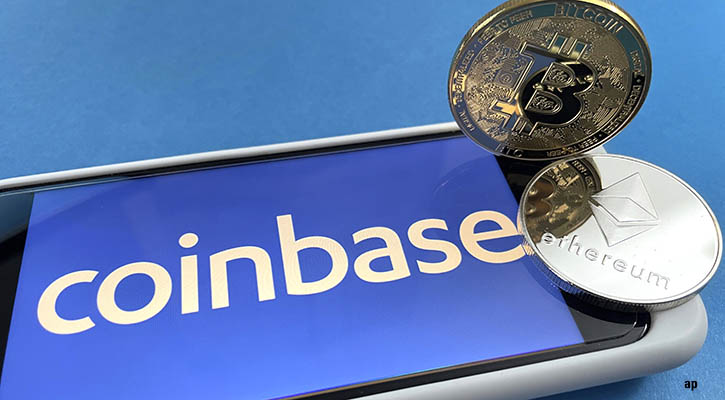Holly Black: Welcome to Morningstar's 3 Stock Picks. I'm Holly Black. With me is Ian Lance. He is Manager of the Temple Bar Investment Trust (TMPL). Hello.
Ian Lance: Hi, Holly.
Black: So, you're going to talk us through three stocks in the portfolio at the moment. Where should we start?
Lance: I'm going to start with the biggest holding on the Temple Bar portfolio which is Royal Mail (RMG) which is about 8.5% of the fund at the moment. And the reason I think it's interesting is it's a good example of what we think is a really misunderstood stock, and I think they'd probably help themselves if they change their name from Royal Mail. Because what that meant was that last year as we went into lockdown, I think people focused on the letter side of the business, thought that that was going to be really hit by lockdown, and it was. But what people completely ignored was the fact that Royal Mail have 50% market share of the parcels business in the U.K. And of course, as we were all at home last year shopping online, parcel volumes went through the roof. So, last year parcel volumes in the U.K. for Royal Mail were about plus 30% and so were parcel revenues. And they also own the European business called GLS, which again is a pure parcels business. And similar sort of effect there. So, volumes and turnover growing about 30%. And so, just after lockdown the share price of Royal Mail bottomed at about £1.20. And it was only as we went through the year that people began to realize that actually lockdown was a positive for Royal Mail as these parcel volumes soared and the share price today is well over £5. So, their share price is up a long, long way.
Black: Wow. And 8.5% of the portfolio. How sure have you got to be before you put that sort of weighting on a stock?
Lance: Well, it didn't go on to the portfolio 8.5%. It went on to the portfolio significantly less and obviously has grown because the share price has gone up so much.
Black: Okay. What's stock number two?
Lance: Stock number two, I'm going to pick one of the energy companies. I'm going to pick BP (BP.). And I think there are a couple of fascinating elements here. The first one is there's an ESG story here really, I feel. So, the ESG story is that lots of people have decided to exclude energy companies from their portfolios and what that led to was a lot of selling from people, a lot of forced selling. And actually, people who were selling it irrespective of the valuation. So, just what they weren't interested in the fact that it was cheap, they just – they had a rule that had to go off the portfolios and so that depressed the share price.
The second point is that you may remember last year as the world went into lockdown, obviously people anticipated the demand for oil would fall, and at one point the oil price actually went negative. And again, that was bad undoubtedly for the energy companies. And coming back to the ESG point of view, we would just make the point that the company has fundamentally changed the way that they act after pressure from shareholders. So, they have signed up to becoming net zero by 2050. They're going to substantially increase the amount of investments in renewables. And so, we think that actually there is quite good ESG angle here as well. So, you've got best of both worlds here. You've got a cheap share and one that I think you can actually claim is acting in a responsible way.
Black: Okay. And what is our final stock pick?
Lance: Our final stock pick is dear old Marks & Spencer (MKS), which again, we think is a company, which is maybe fundamentally misunderstood. And what I mean by that is people – when people think of Marks & Spencer, I think they tend to think about its clothing and its home business. And they're right to think that that business has not done well in recent years. What they don't think about so much is the food business and the food business has done very well. As I told you, just before lockdown over two-thirds of Marks & Spencer's sales were in food retail. I think that surprised lots of people. You might remember also that they did a deal with Ocado. They replaced Waitrose as a partner of Ocado. And that business has been going very, very well. And so, we reckon that actually if you value their food retail business on the same sort of multiple of a Tesco's or something like that, you add on the value of the Ocado joint venture, the clothing and home business is actually in for free, it's probably in for actually a slightly negative value. And then, you have to ask yourself, does that make sense? And we don't think it does. Despite all its troubles, it is, believe it or not, still the number one clothes retailer in the U.K.
Black: Ian, thank you so much for your time. For Morningstar, I'm Holly Black.



























